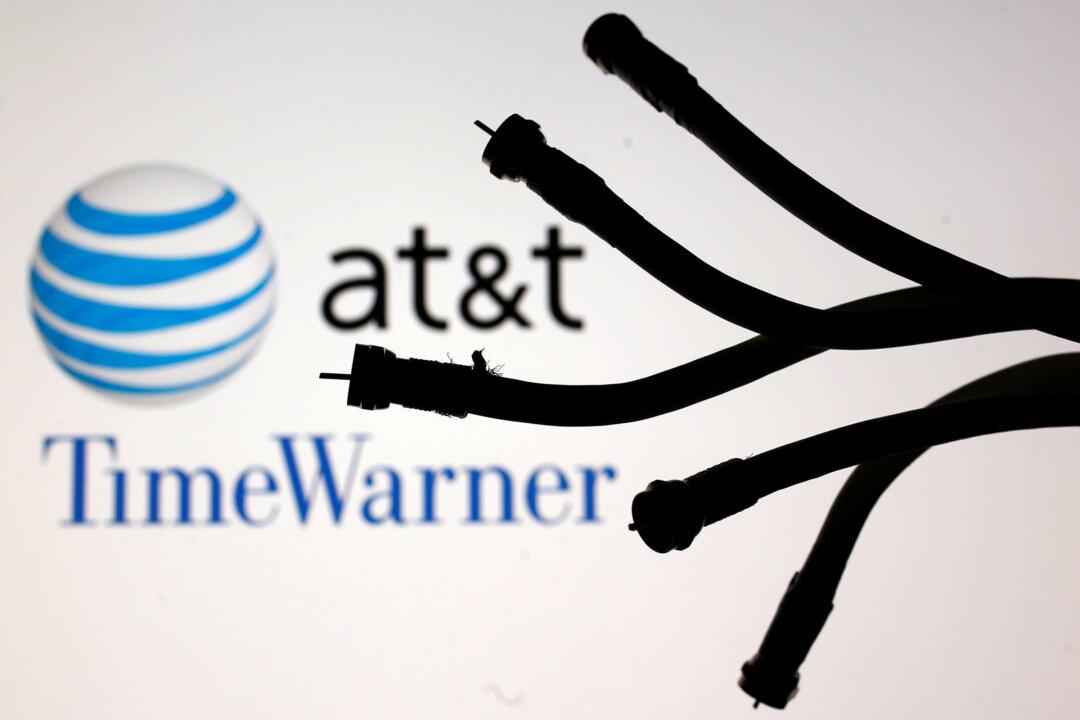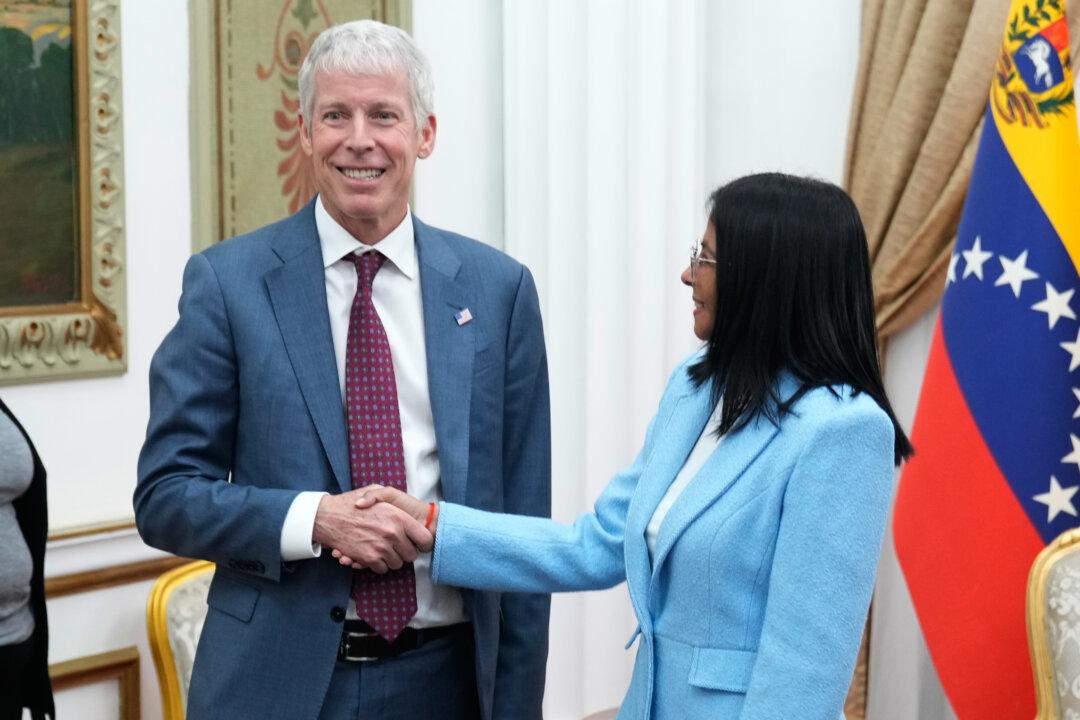The Biden administration has proposed regulations to bar TV service providers from imposing cancellation charges on customers who opt out of their service mid-contract.
The U.S. Federal Communications Commission (FCC) announced the proposal against “junk fee billing practices” by TV service providers in a press release on Nov. 21. It targets two industry charges—early termination fees (ETFs) and billing cycle fees (BCFs).





